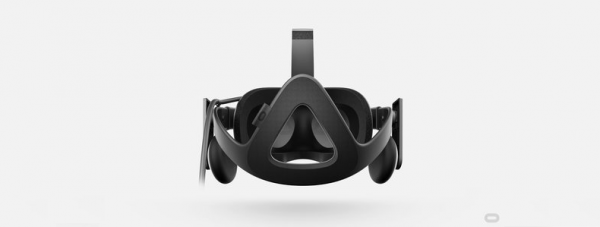Back in November 2015 virtual reality (VR) head-mounted display (HMD) manufacturer, Oculus VR launched its Audio software development kit (SDK) 1.0. The second arrived in December and now version 1.0.2 has now arrived.
The update includes various application program interface (API) changes and bug fixes. Also noted is an issue with: “high reflection values in small rooms may cause distortion due to volume overload”, although what size rooms this would effect is unclear.
Further details on updates for Oculus VR’s PC SDK are yet to be released. The 0.9 and 1.0 versions had been expected to arrive before the end of 2015. With the consumer version of the Oculus Rift HMD due to begin shipping in eight weeks time, on 28th March, the SDK updates shouldn’t be far off releasing.
The full changelog for the Oculus Audio SDK 1.0.2 can be seen below:
API Changes
- Native Spatializer for Unity: Set void SetParameter(ref AudioSource source) function within ONSPAudioSoure.cs to public. When instantiating a prefab with this component, please be sure to call this function (and pass a reference of the AudioSource component) before calling AudioSource.Play().
- Ambisonics API: Changed to right-hand coordinates to match the rest of the public AudioSDK.
Bug Fixes
- Fixed bug causing reverb to turn on/off at random.
- Reverb is now disabled when per-sound setting to disable reflections is on.
- Fixed rejecting high reflections value from plugins: changed AudioSDK parameter validation to accept reflection coefficients 0-1, and clamp to 0.95.
- Wwise: Fixed for incorrect detection of channel count on sounds sent to OSP bus (previously resulted in n > 1 channel warning message, even though sound is mono).
- Wwise: Temporary fix for sounds using multi-position mode – they now bypass the OSP and display a warning message in profiler log, rather than playing spatialized but unattenuated.
- Unity Native: Fixed reversed z-axis when calculating position of sound relative to listener.
Known Issues
- High reflection values in small rooms may cause distortion due to volume overload. See parameter documentation in the appropriate OSP guide for more information.
VRFocus will continue to follow Oculus VR’s announcements closely, reporting back with any further updates from the company.
-END-
The post Oculus Audio SDK 1.0.2 Launched appeared first on VRFocus.















